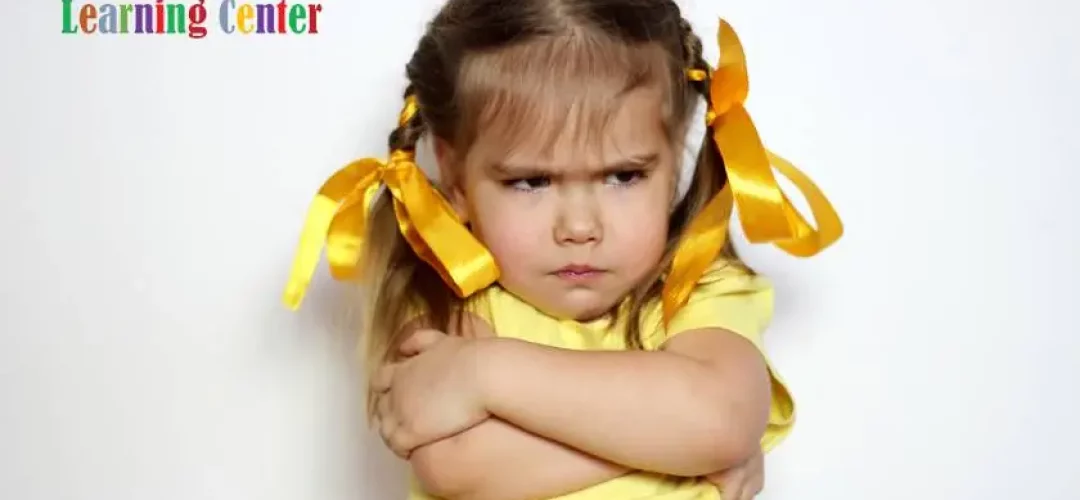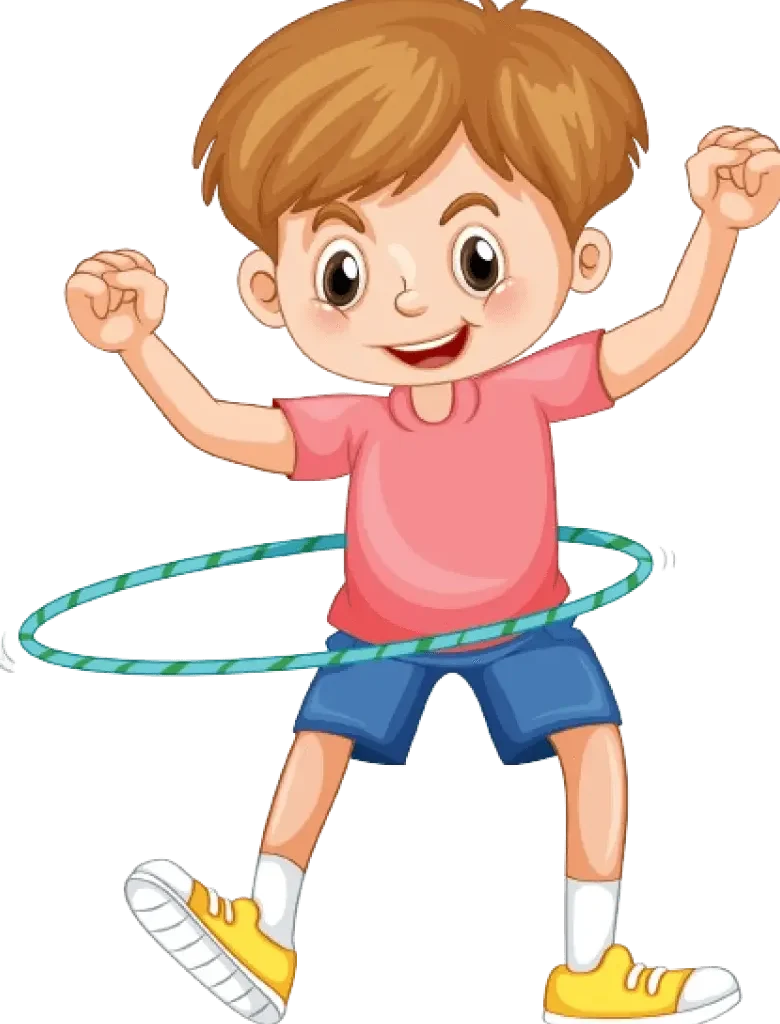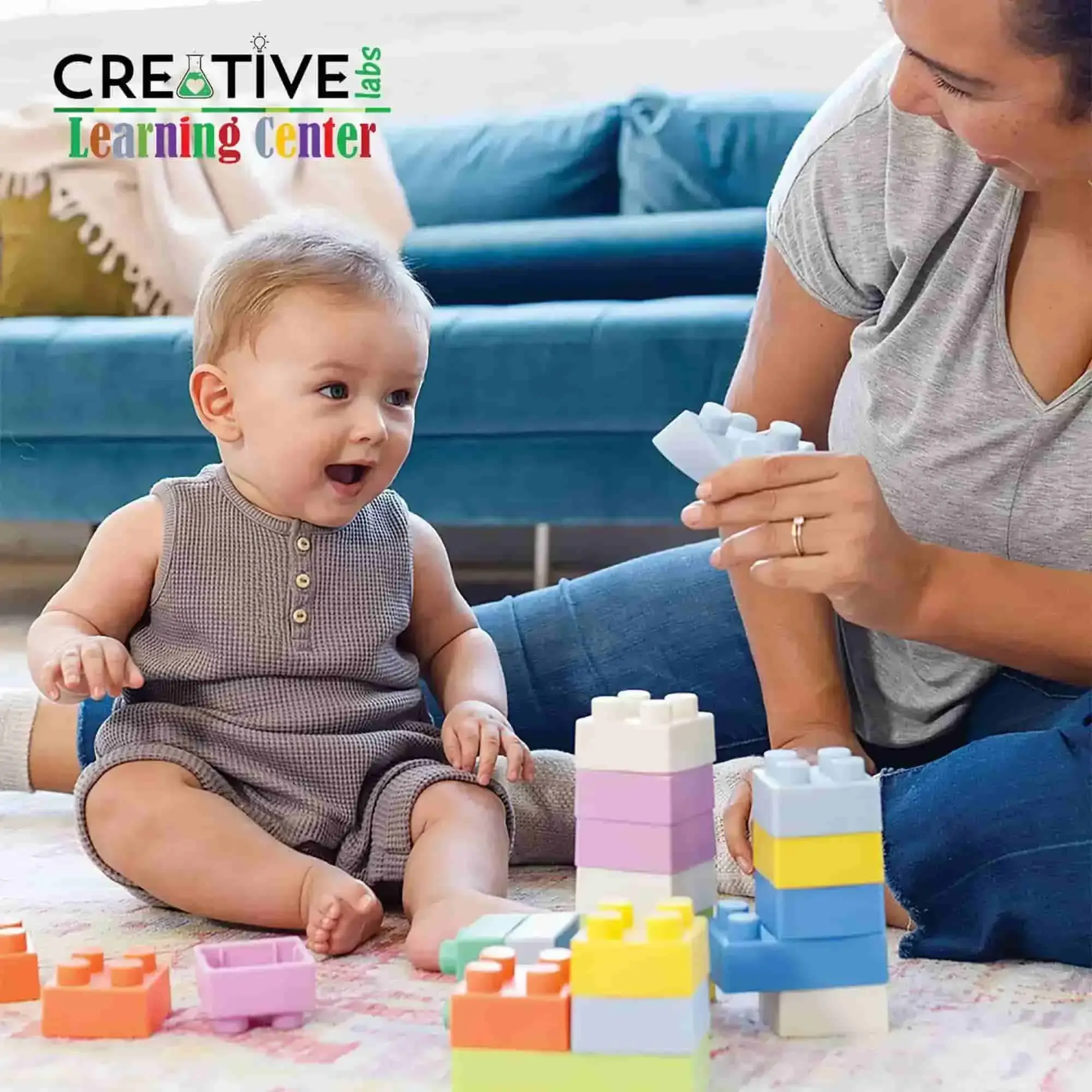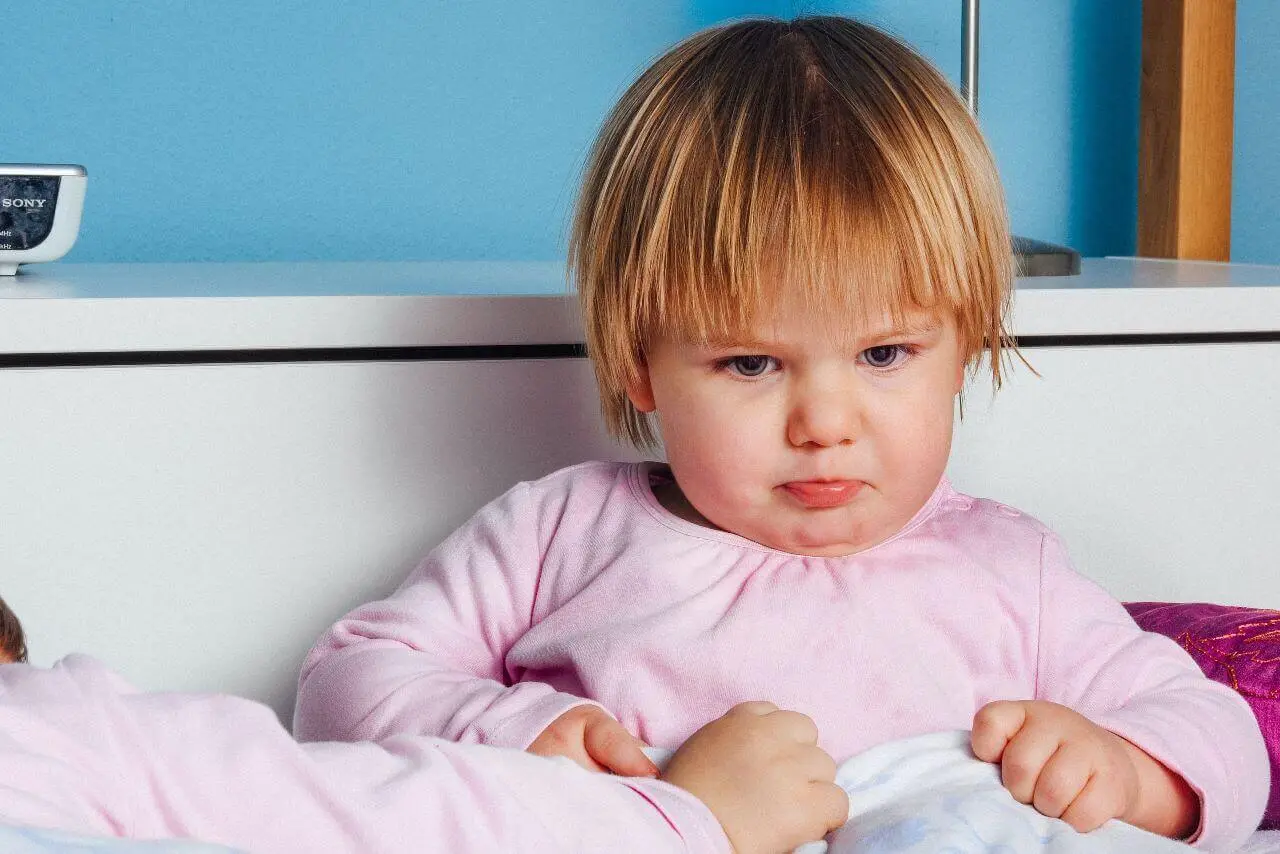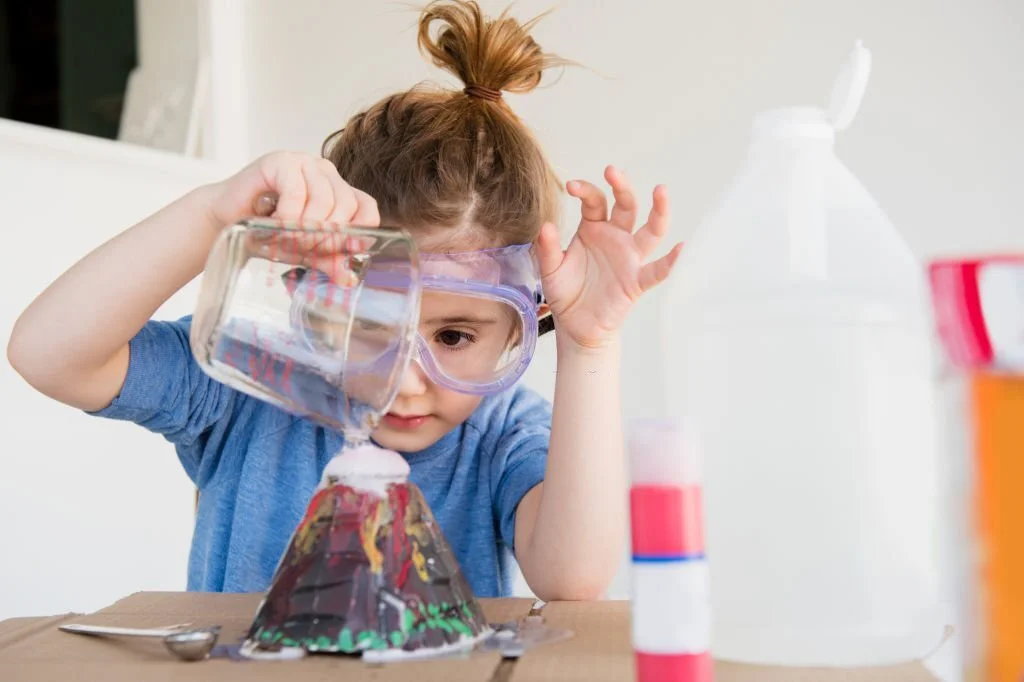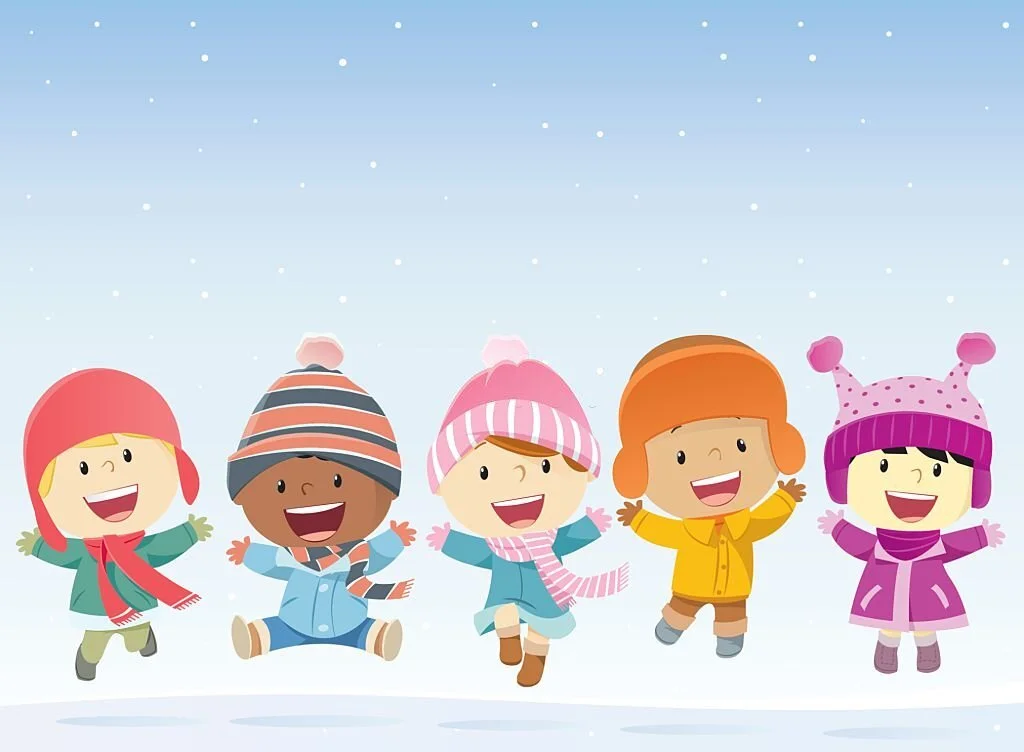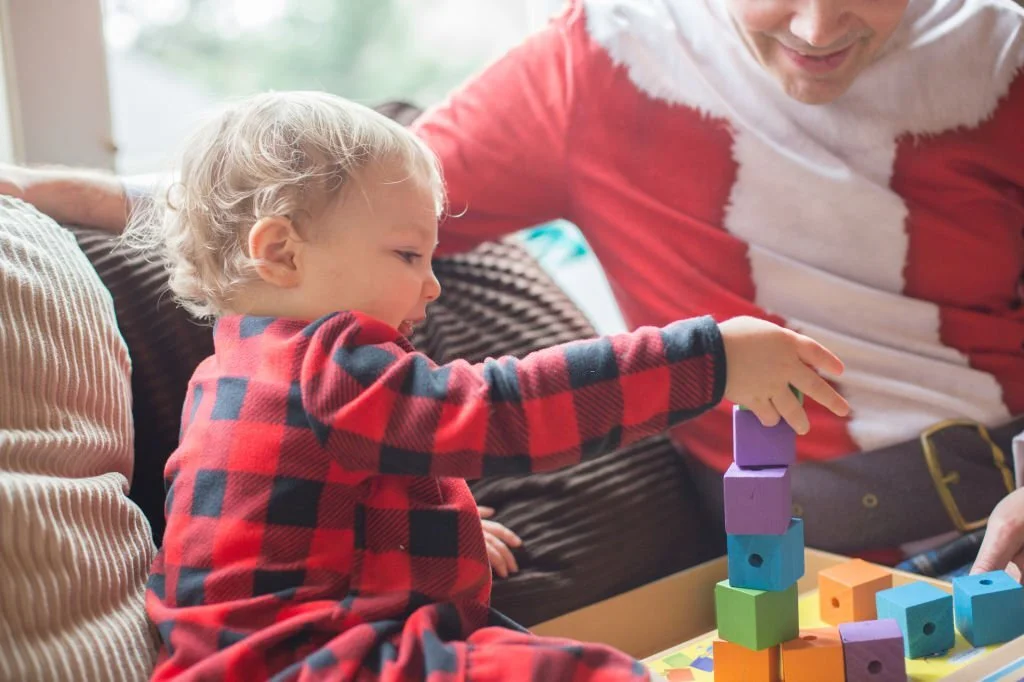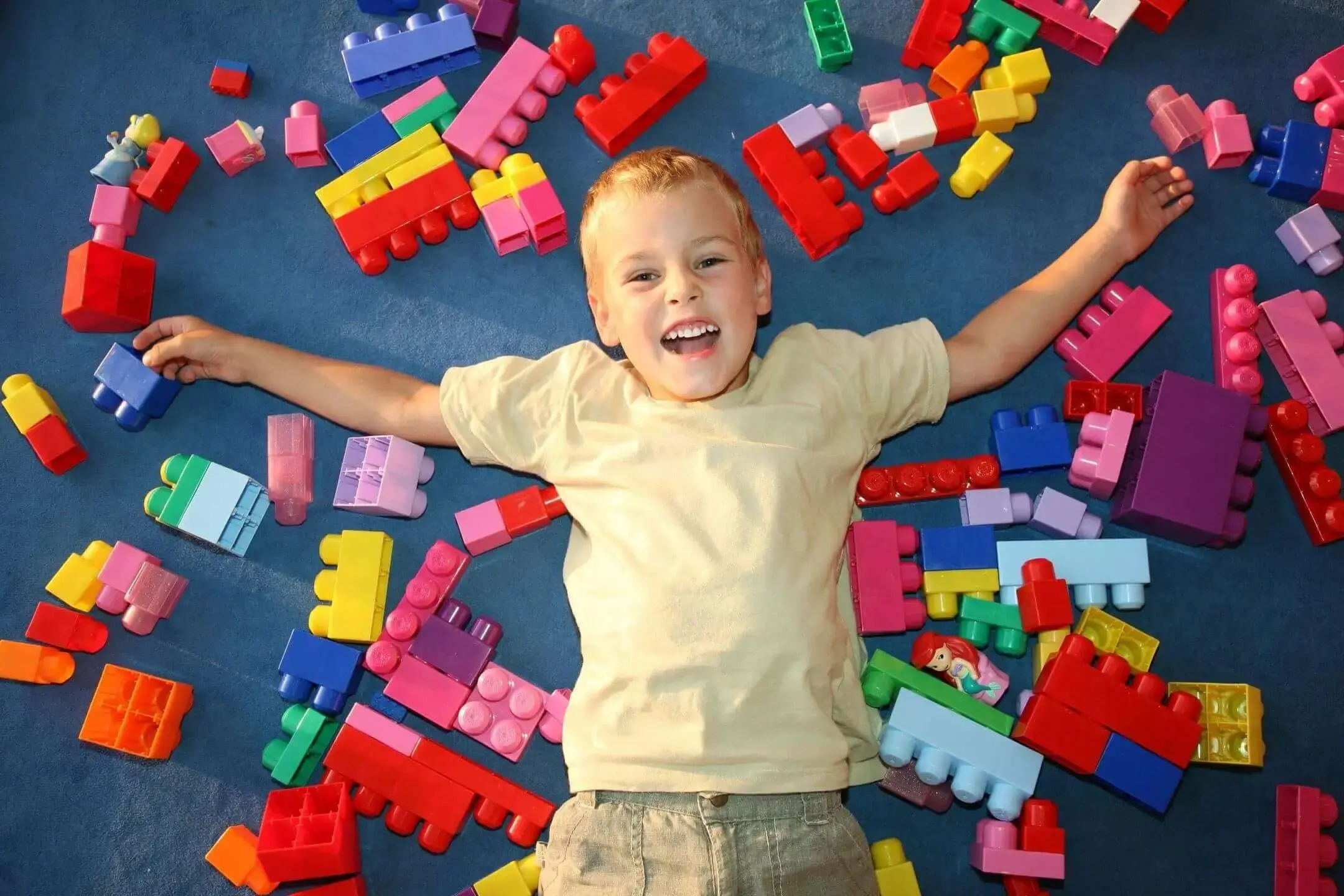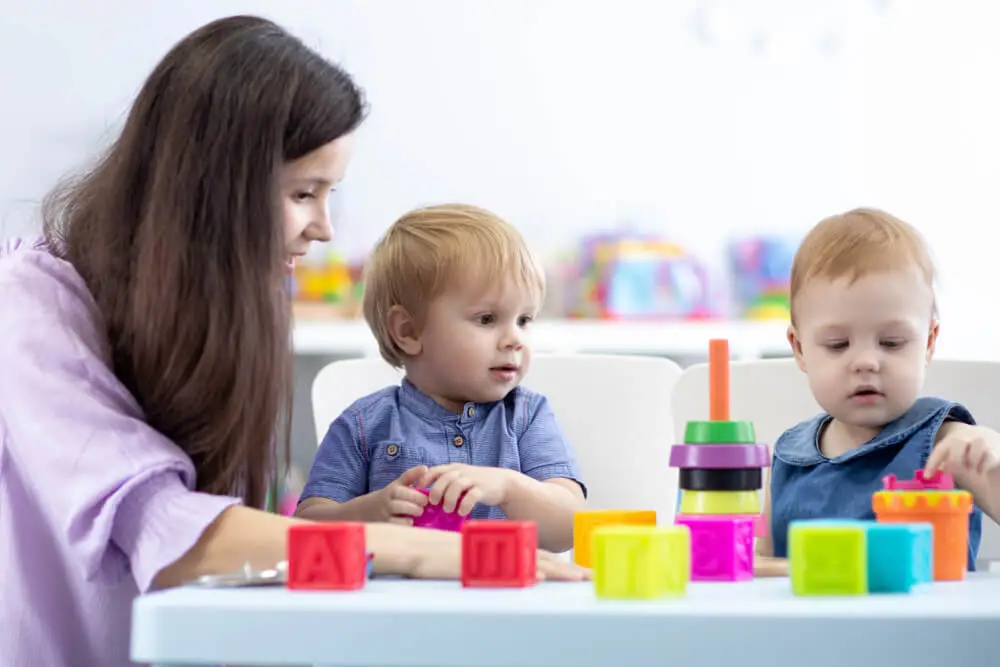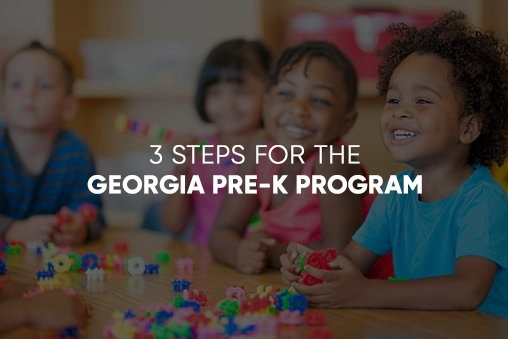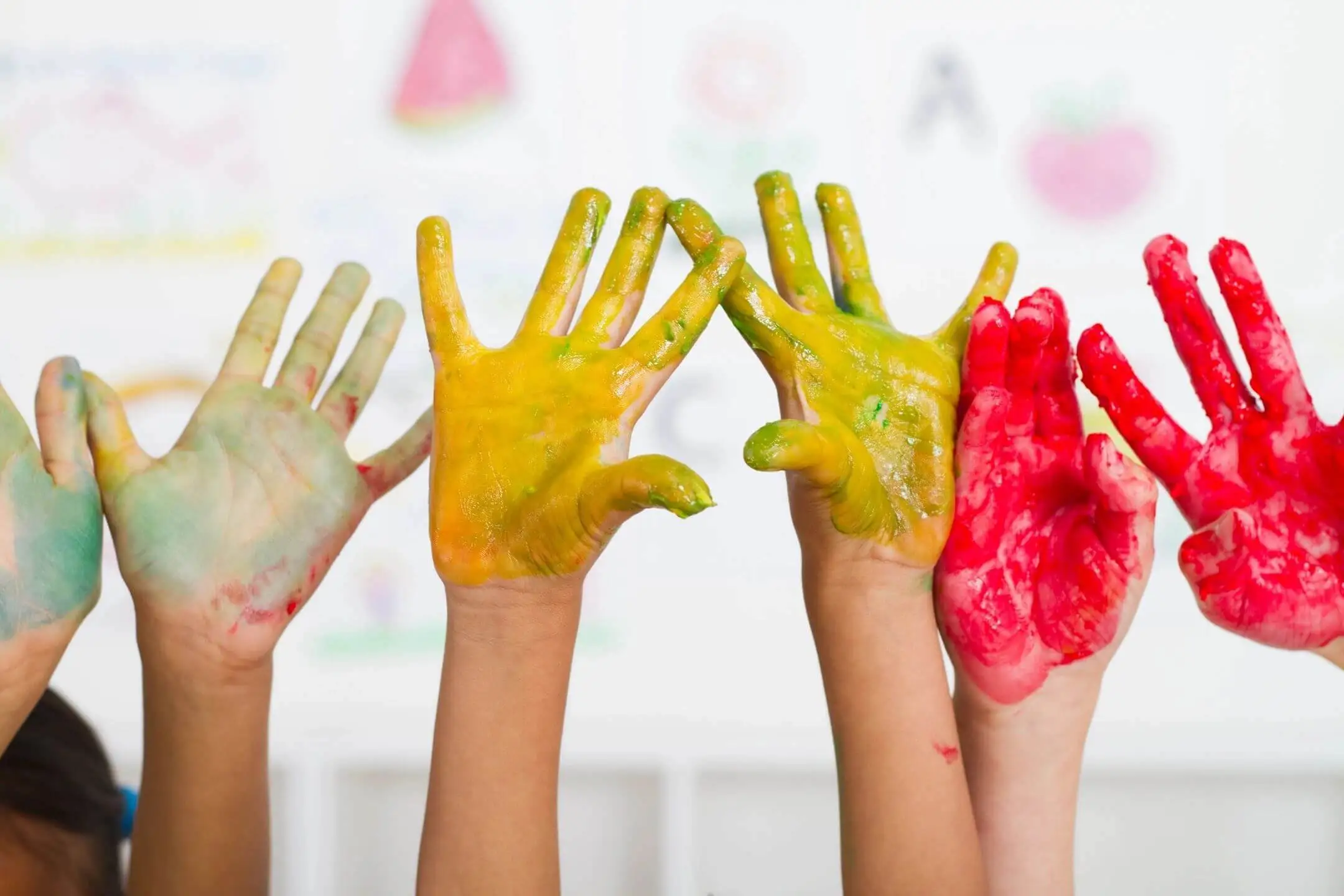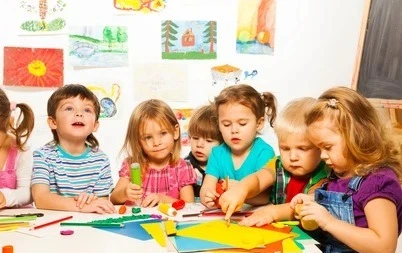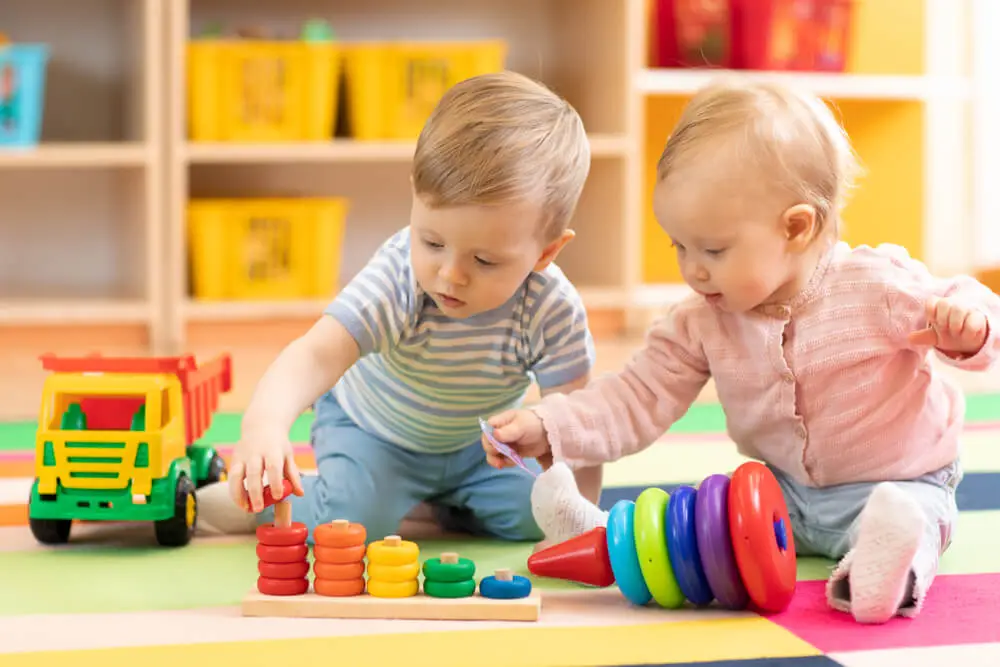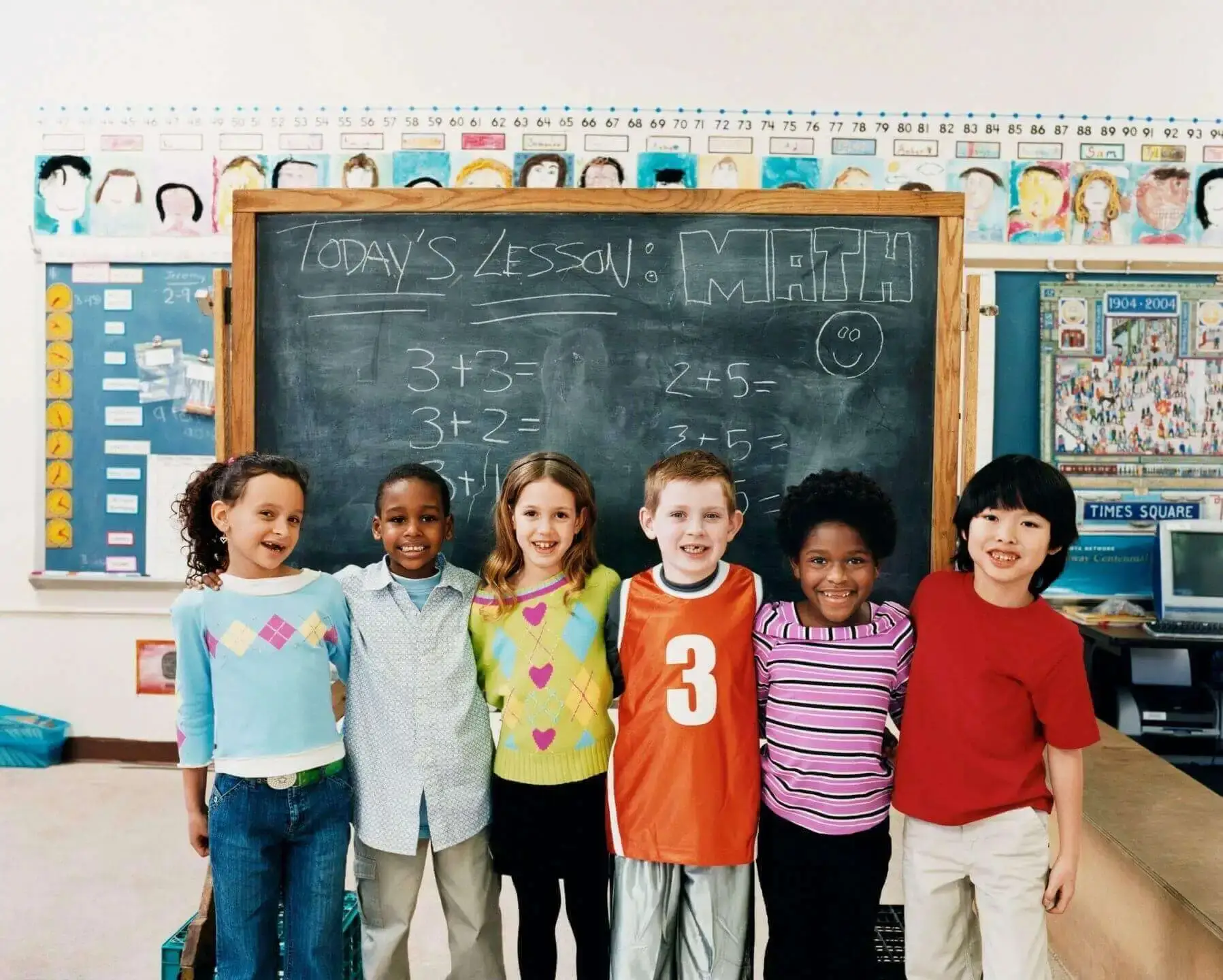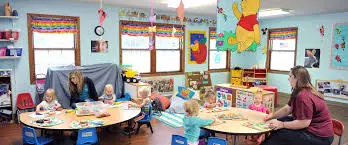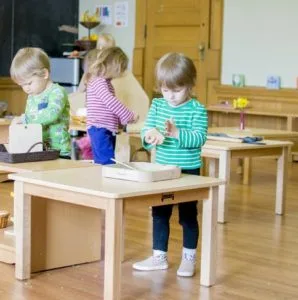Raising children is no doubt a challenging responsibility. Whether you are a parent, teacher, or caretaker, you must have encountered different behavior problems in children. From the general challenges of anxiety, lying, misbehaving with peers, and aggression to more serious problems such as Autism Spectrum Disorder, ADHD, and OCD, you stay concerned for your children.
We will discuss some major behavioral challenges and problems in children and how to deal with them. Because they can lead to severe consequences if left untreated. You can deal with your child’s behavior with effective parenting strategies mentioned here.
Table of Contents
ToggleTEMPER TANTRUMS:
Children often throw frequent tantrums when they don’t get their desirable things. Whether it is a toy or a favorite meal, if children don’t get it, it becomes a critical situation for them and their parents.
Toddlers and preschoolers often whine, cry, scream, become aggressive, and even throw breath-holding spells just to fulfill their desires. So, it becomes difficult for parents to resist, and they fulfill their child’s desires.
However, it is not a long-term solution for these disruptive behaviors. Instead, teach your children to express their needs more respectfully.
Let’s say your child doesn’t want to brush their teeth before bedtime. Use positive reinforcement techniques. Tell them they will get a chocolate in the morning if they brush their teeth. This will help to ease your child’s stubbornness.
AUTISM SPECTRUM DISORDER:
Autism Spectrum Disorder is a behavior disorder. It is related to the development of the brain and is classified as a disorder under developmental psychology. It is another behavioral challenge in children because Autistic people have difficulty in social interactions and communication. According to the World Health Organization, 1 in 100 children have Autism.
If children fail to communicate properly with others, parents often mistake it as if the child doesn’t want to socialize. But it can be an early sign of Autism spectrum disorder.
Major symptoms of Autism include difficulty in communication, repetitive behaviors, over-sensitivity, and restricted interests. It can be diagnosed by proper mental health professionals, Child psychologists, and therapists.
Many behavior therapies can help improve basic qualities such as development and communication. CBT is one of them. It can certainly help you overcome this behavioral challenge in children.
ATTENTION DEFICIT HYPERACTIVITY SYNDROME (ADHD):
Another very prevalent behavior disorder in children is ADHD. It is a neurodevelopmental disorder that causes inattentiveness and hyper-impulsivity in children. An estimated 8.4% of children and 2.5% of adults have ADHD (Danielson, 2018; Simon et al., 2009).
Major symptoms of this behavioral challenge in children are:
- Difficulty in sitting still
- Inability to focus and be attentive
- Can’t wait for their turn
- Highly impulsive
Symptoms of ADHD differ from person to person in intensity. However, they almost experience similar symptoms.
If your child shows any of these symptoms, contact a professional for screening. You will at least be satisfied if they don’t have this disorder.
According to the National Institute of Health, Parent-Child Interaction Therapy (PCIT) helps to treat young children with ADHD and oppositional defiant disorder.
CONDUCT DISORDER (CD):
We observe various bad habits among children daily, such as lying and refusing to obey. But sometimes, these habits become so frequent that the child is labeled a ‘bad kid.’
This is a very challenging behavior for parents and others because when these kids meet others, they cause trouble for them. Hence, it’s important to deal with this. Around 5% of 10-year-olds are thought to have CD, with boys outnumbering girls by 4 to one. Around one-third of children with CD also have attention deficit hyperactivity disorder (ADHD).
So, if you see your child lying, skipping school, disobeying rules, and misbehaving, try to maintain your composure. Avoid strict and harsh behavior and practice behavior modification techniques to help your child’s behavior management.
Try to develop conflict-resolving skills with children and adolescents. It helps a lot to build moral boundaries.
IMPROPER SLEEP SCHEDULE:
Proper sleep is often neglected, but poor sleeping habits are another behavioral challenge in children. Children either face difficulty sleeping or oversleep. Both cases are concerning because a proper sleep schedule affects our mind and body greatly.
If your child oversleeps, use the negative reinforcement technique. It is when you remove something favorable from a person’s environment. If you tell your child that their screen time will be reduced if they oversleep, they may avoid oversleeping to retain their screen time.
CONCLUSION:
We understand that it can get difficult to deal with children’s behavioral challenges at times. Having proper and open communication with children helps understand their needs and what’s bothering them. Children do not always need to behave in a way that is out of their own will. It can be a consequence of behavioral disorders or illnesses. So, proper consultation with professionals and adopting different discipline methods are necessary for children’s emotional regulation development.

